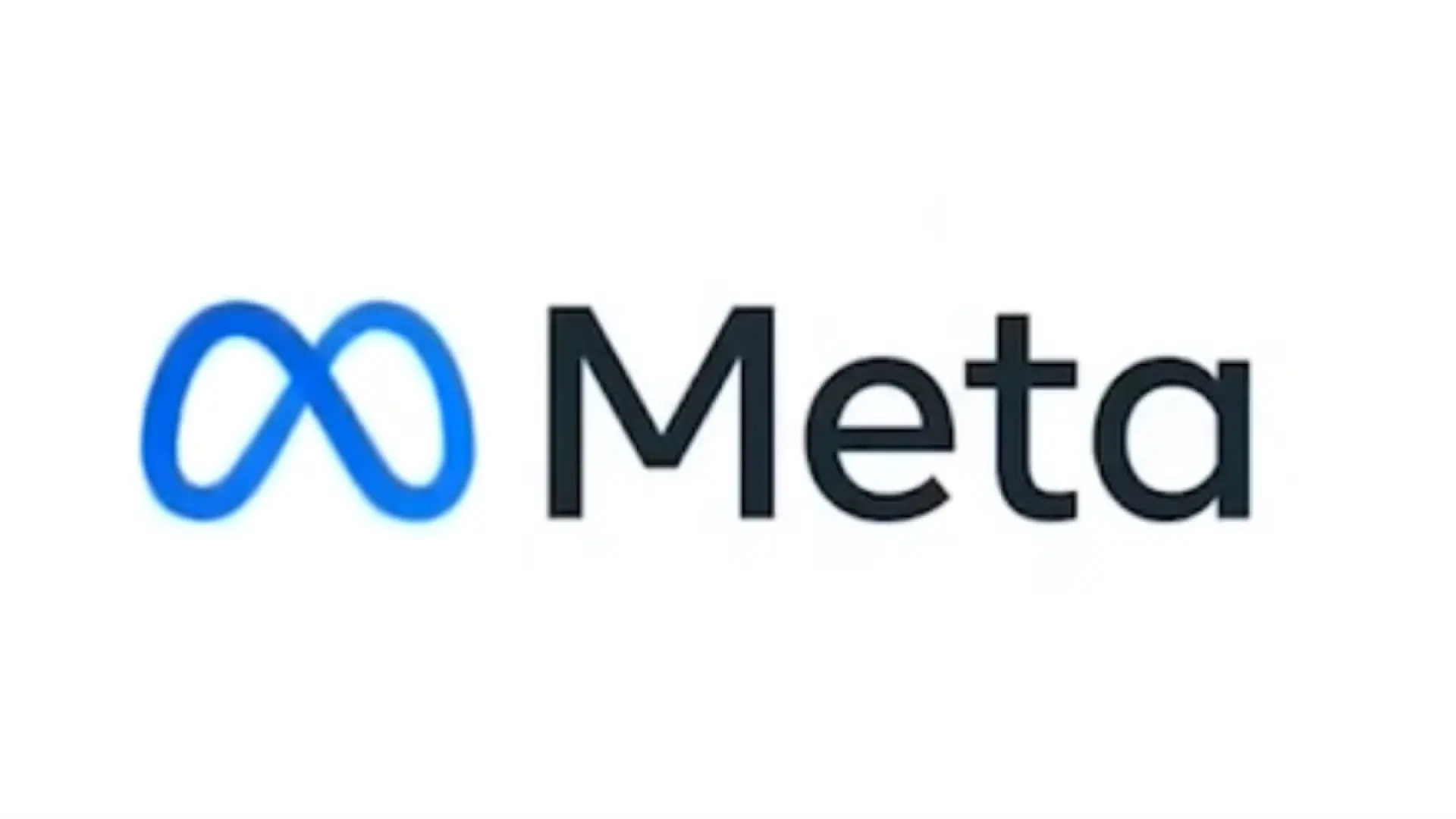In recent developments, Meta Platforms, Inc. (formerly known as Facebook) has made significant moves to distance itself from the news industry, signaling a pivot in its business strategy that focuses more on internal projects and less on news distribution and political content. This transition reflects Meta’s broader efforts to reshape its image and priorities in the face of evolving digital landscapes and regulatory pressures.
Key Highlights:
- Meta has substantially reduced its engagement with the news industry, including cutting down on initiatives like the Meta Journalism Project’s Global Accelerator Program.
- The company has shifted its focus away from recommending political content on its platforms, such as Instagram and Threads.
- Meta has also been restructuring, leading to significant layoffs and reallocations of resources away from news-related projects.
Meta’s Pivot Away from News
Meta, under its former brand Facebook, had launched several initiatives aimed at supporting the news industry, including financial grants and training programs through the Meta Journalism Project. These programs had notable successes, generating substantial new paying supporters and registered readers for news organizations across North America and Europe. Despite these achievements, Meta has begun to withdraw support for such initiatives, indicating a strategic shift away from news distribution and support.
Reducing Political Content Recommendations
Meta has announced that it will no longer proactively recommend political content on Instagram and Threads. This decision extends the company’s existing policies on Facebook to its other platforms, aiming to reduce the spread of political debates and potential misinformation. Instead of amplifying news and political content, Meta is focusing on differentiating its platforms, particularly Threads, from competitors like Twitter (now called X) by not promoting news or trends features. This move is part of a broader strategy to manage the content ecosystem on Meta’s platforms more cautiously, given the company’s history with political content and its implications.
Financial and Structural Adjustments
Meta’s financial reports for the fourth quarter and full year of 2023 highlighted several structural changes, including facility consolidations and adjustments in personnel costs. The company anticipates increased expenses in 2024, driven by infrastructure-related costs, payroll expenses, and investments in augmented reality/virtual reality through its Reality Labs segment. These financial strategies underscore Meta’s pivot towards future technologies and away from its previous focus on news and political content.
Implications and Future Directions
Meta’s distancing from the news represents a significant shift in its business model and its role in the digital information ecosystem. By reducing its engagement with news and political content, Meta is attempting to redefine its platforms as spaces for personal connectivity and entertainment rather than public debate and news distribution. This transition reflects Meta’s strategic realignment towards long-term technology investments, particularly in AI and augmented/virtual reality, while navigating the complex regulatory and societal challenges it faces.
Meta’s move to distance itself further from the news marks a pivotal moment in the company’s evolution. As it turns its focus towards building immersive technological experiences and away from the complexities of news distribution and political content, Meta aims to carve out a new identity within the digital landscape. This shift, while strategic from a business perspective, raises questions about the future of news consumption on social media platforms and the broader implications for public discourse. Ultimately, Meta’s repositioning reflects the ongoing transformation of the tech industry, where the lines between media, technology, and personal connectivity continue to blur.






























